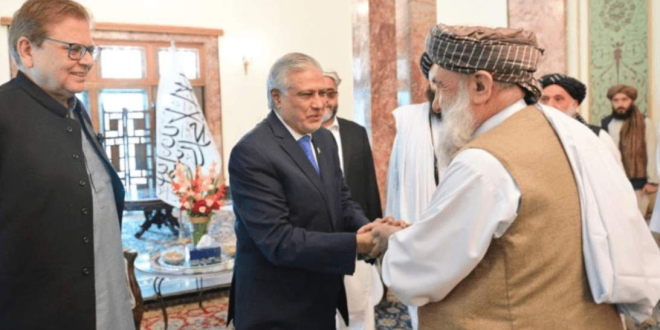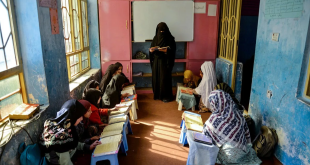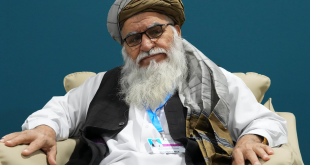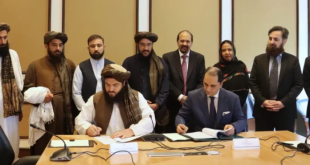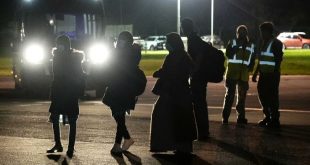KABUL — In a surprising turn after decades of hostility and mistrust, Pakistan’s Deputy Prime Minister and Foreign Minister Ishaq Dar has returned from Kabul with a renewed pledge from the Taliban government that Afghan soil will no longer be used to harbor terrorists targeting Pakistan.
Dar’s visit marks one of the most high-profile diplomatic engagements between the two neighbors in recent years, signaling a potential thaw in one of South Asia’s most fraught relationships. “We have been assured that Afghanistan will not tolerate the use of its territory to threaten Pakistan’s security,” Dar told the press, underscoring a clear shift toward cooperation.
This assurance comes amidst longstanding accusations by Islamabad that militant groups like the Tehreek-e-Taliban Pakistan (TTP) have exploited Afghan safe havens to launch deadly cross-border attacks—a claim the Taliban has consistently denied. However, the latest talks suggest a new chapter where both sides are cautiously stepping back from confrontation.
Beyond security, the discussions also advanced cooperation on trade, border management, refugee issues, and the implementation of a modern track-and-trace system to regulate cross-border movement by June’s end—moves aimed at weaving stronger economic and social ties between the two historically fractious neighbors.
For Western observers, Pakistan’s recent flurry of diplomatic visits to Kabul represents more than routine politics; it reflects a strategic recalibration in a region critical to global security, counterterrorism efforts, and stability in the post-U.S. withdrawal era. The evolving Pak-Afghan nexus could reshape regional dynamics, offering hope for peace after decades marked by enmity and proxy conflicts.
Security experts remain cautiously optimistic, noting that while past assurances have often fallen short, this renewed engagement could signal a more pragmatic Taliban willing to collaborate on shared security challenges.
As Islamabad and Kabul tentatively move toward dialogue and cooperation, the world watches closely—hopeful that this fragile rapprochement can withstand the tests of history and geography.
 Afghanistan Times
Afghanistan Times
